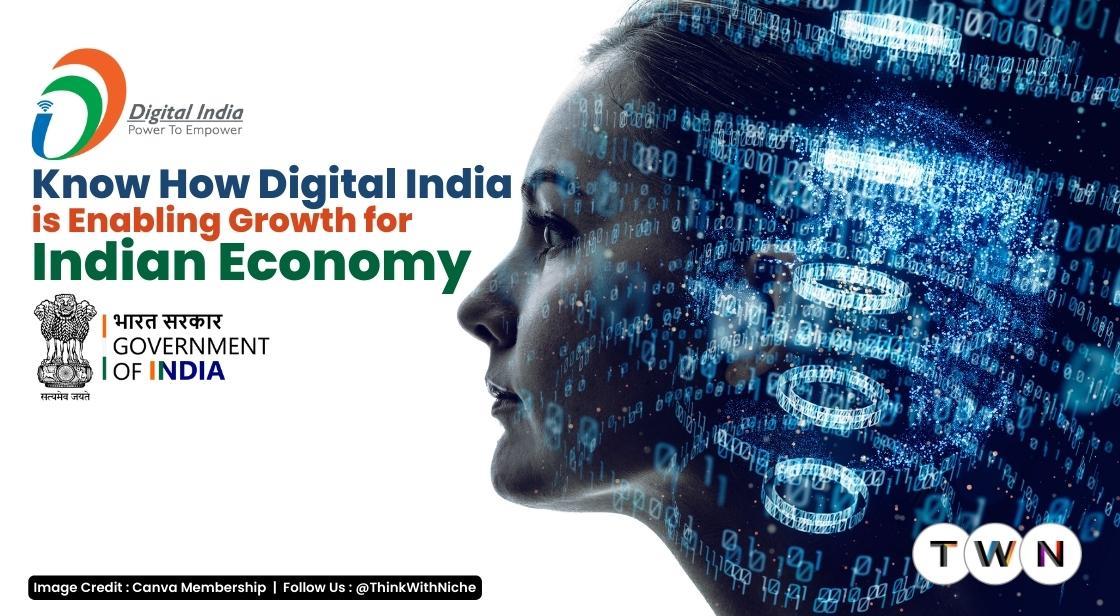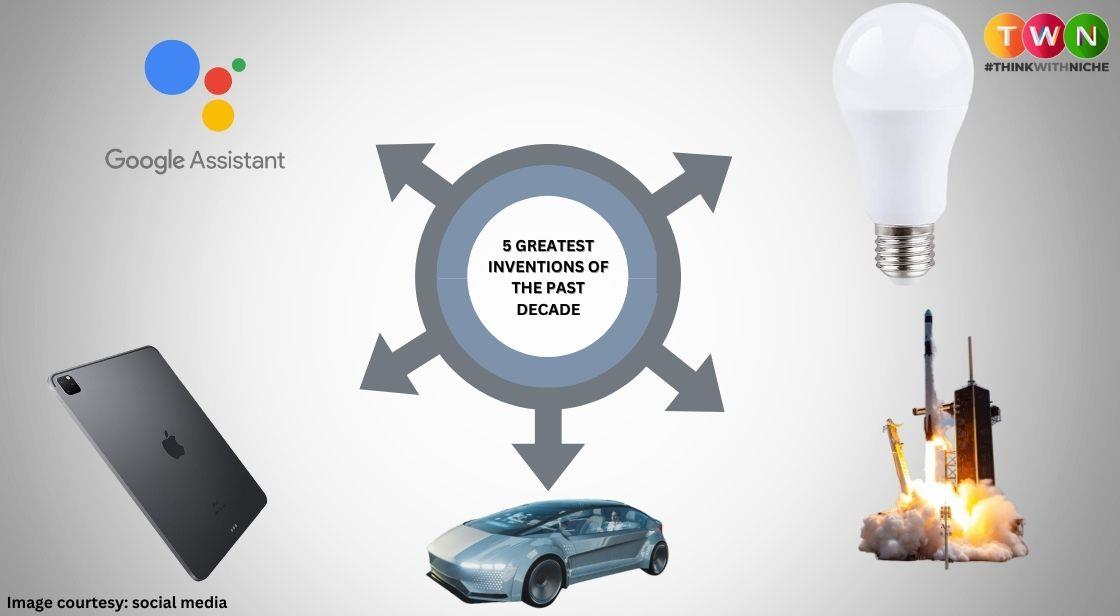Know How Digital India Is Enabling Growth For Indian Economy
India has emerged as a promising economic nation while the rest of the globe begins to recover from the Covid-19 epidemic. India will continue to have the largest economy and the fastest rate of growth over the next few years.
The World Bank's most current forecast for FY24 is 6.6%, whereas the GDP is expected to grow by 7% in FY23. In comparison, only 1.7% growth is anticipated for the world economy in 2023.
India would overtake the United States as the largest economy for the first time in many years, despite the fact that most of the other major economies are seeing their economic development significantly slow down.
One of the key factors impacting this economic transformation is the rapidly growing digital economy in India.
Know How Digital India Is Enabling
Growth For Indian Economy
The digital economy has benefited greatly from the Digital India Program, which is expected to help it expand from its present size of around $300 billion to $1 trillion by FY27, increasing its share of the GDP from approximately 9% to nearly 20% during this period.
As a consequence, the digital economy would significantly contribute to the overall economic prosperity of our nation. How did the whole economy of the nation become to rely so much on the digital economy?
Aim To Digitize All Services
In both the public and private sectors, digitization is catalyzing innovation and generating considerable benefits in productivity and efficiency.
The major national public digital platforms that the government has developed, such as Aadhaar for digital identity, Unified Payments Interface (UPI) for online payments, Government e-Marketplace (GeM) for public procurement, Goods and Services Tax Network (GSTN) for indirect taxation, and GatiShakti for logistics, have fundamentally altered how businesses and government agencies conduct business.
By the use of these platforms, the government has been able to fully digitize all services provided to individuals and companies. In addition, businesses are now able to digitalize their operations and instantly receive payments and tax refunds.
Fully online Account Aggregators are now easily extending credit to individuals and MSMEs without any paperwork thanks to consent-based online data sharing. They are optimizing resource usage across the whole economy and considerably improving the flow of credit.
Practically every element of government has been substantially digitalized by the government, which has enhanced both the convenience of conducting business and the standard of living for residents.
The bulk of government organizations at the federal, state, and municipal levels have engaged in considerable process re-engineering in order to digitalize their services. This has contributed to the timeliness and predictability of the overall approval process as well as service delivery. This has been done despite the fact that most of the laws regulating these areas have not changed.
What is the primary force behind
India's digital transformation?
With 840 million or so internet users, India has a young population, and even in rural regions, smartphone usage is accelerating. Due to the availability of fast 4G networks and the most competitive data rates in the world, an increasing number of people are using the internet. Digital technologies were employed more often throughout the pandemic for both personal and professional reasons.
We will soon be able to connect the last 40% of our population to the internet thanks to the quickly expanding 5G network and rising optical fiber penetration in villages supported by BharatNet.
Due to the economy's rapid digitization, startups may now create inventive businesses and compete internationally.
Currently, the majority of the 80,000 startups with a total value of $450 billion are tech-related. With more than 100 unicorns, the Indian startup ecosystem is the third largest in the world.
The expansion of India's digital economy is expected to be accelerated by emerging technologies like artificial intelligence, blockchain, augmented and virtual reality, the Internet of Things, metaverse, Industry 4.0, etc.
These, however, are also projected to create fresh challenges, notably when it comes to resolving online user harms, cybersecurity, privacy, and the protection of personal data.




